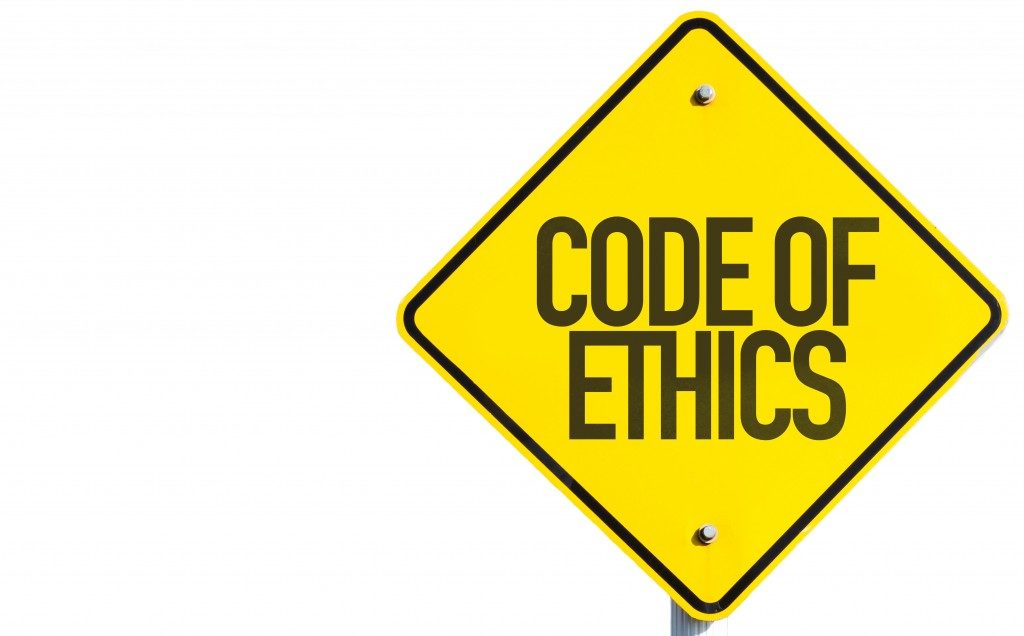While paralegals or legal assistants work in the field of law, they’re not attorneys. They are however expected to follow legal ethics guidelines by governing bodies such as the National Association of Legal Assistants or NALA, and the National Federation of Paralegal Assistants or NFPA. This code of ethics enables all paralegals, whether they got their degree from online paralegal programs or otherwise, to make proper decisions regarding how they do their work and whether they conduct their duties in a socially and professionally acceptable manner.
On Professional Conduct
The NALA and NFPA expect all paralegals to adhere strictly to their canons of proper conduct and legal ethics. This includes refraining from having direct communications or ex parte communications with individuals that the lawyer you work with doesn’t represent. You also need to behave with proper decorum and dignity and avoid any kind of impropriety. It’s likewise mandatory that you be capable of maintaining accurate, honest, and complete records for time and billing. If you’re a member of NFPA or NALA, you also have to follow the rules and codes of professional ethics and responsibility set by ABA, The American Bar Association.
Confidentiality
You are legally obligated to safeguard the confidentiality of every client you work with and should always uphold the client and lawyer privilege doctrine. This basically means that you should never share any information without getting explicit consent from a client. This also applies to information that you obtained from different sources, especially if the said information might result in the client being embarrassed or painted in a bad light. That said, you must always take the necessary steps to make certain that all client and case information won’t be accidentally or intentionally disclosed to anyone other than yourself, the client, and lawyer.
Illegal Practice of Law
The NFPA and NALA prohibit paralegals from practicing law and giving out legal advice or opinions. You are likewise prohibited from accepting clients, determining fee amounts, and representing clients in an agency or court, unless the statute or rules of the agency allows it.
Disclosure
The disclosure provisions set by the NALA and NFPA code of ethics also include proper disclosure of the paralegal’s status and possible conflict of interest. For starters, you should always make it a point to tell clients that you are not a lawyer, but a paralegal. You should have a clear system in place for monitoring previous clients to avoid conflict of interest. In the event that there’s conflict, you need to inform your attorney right away.
What If a Paralegal Violates the Code of Ethics?

An example of a violation would be a paralegal giving legal advice to clients, which, as you know, is considered illegal. Likewise, in the event that a paralegal gives incorrect advice to a client, the client can sue the paralegal and the lawyer that the paralegal works with. Put simply, you will be putting your career, reputation, and livelihood by violating any of the rules in the code of ethics, so you have to very careful of every move you make.

